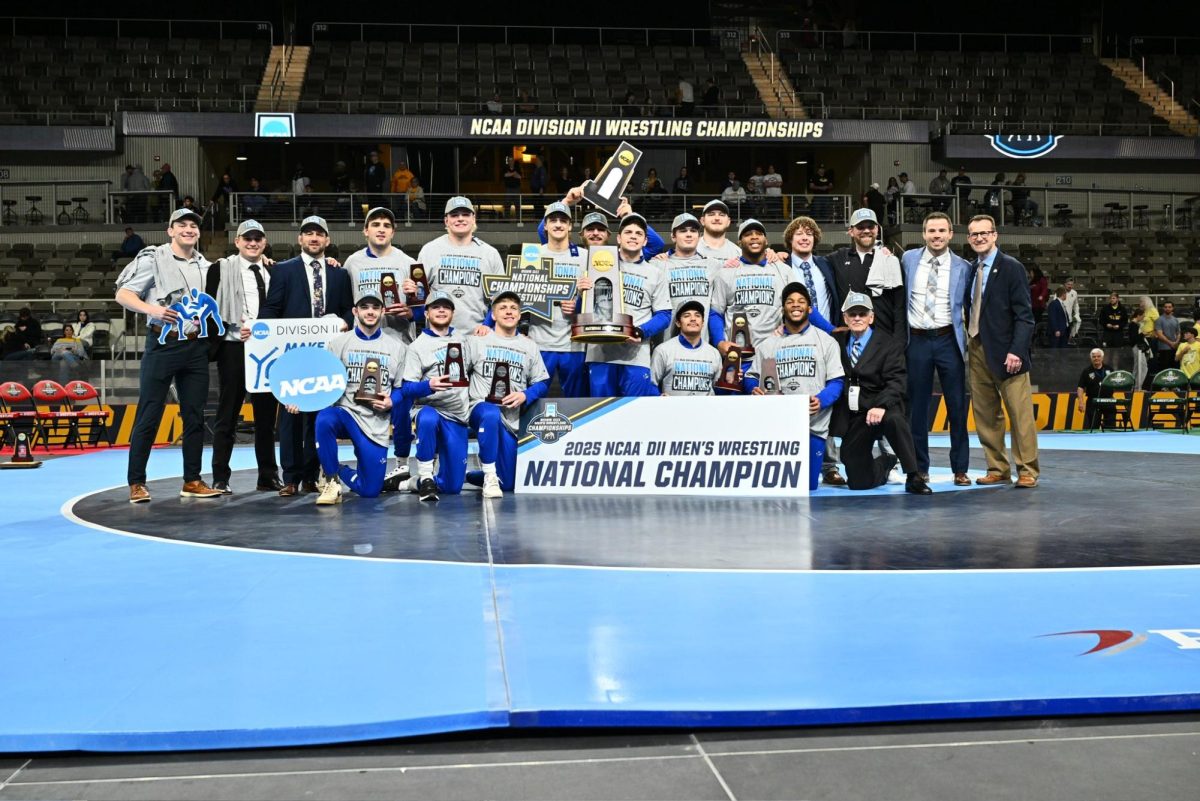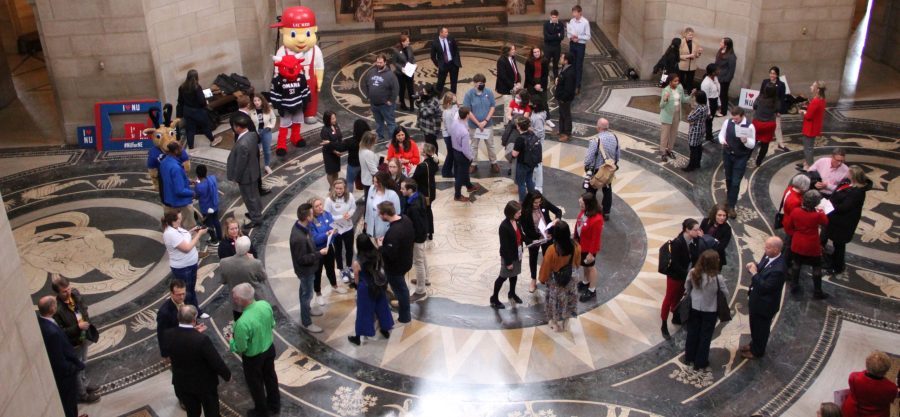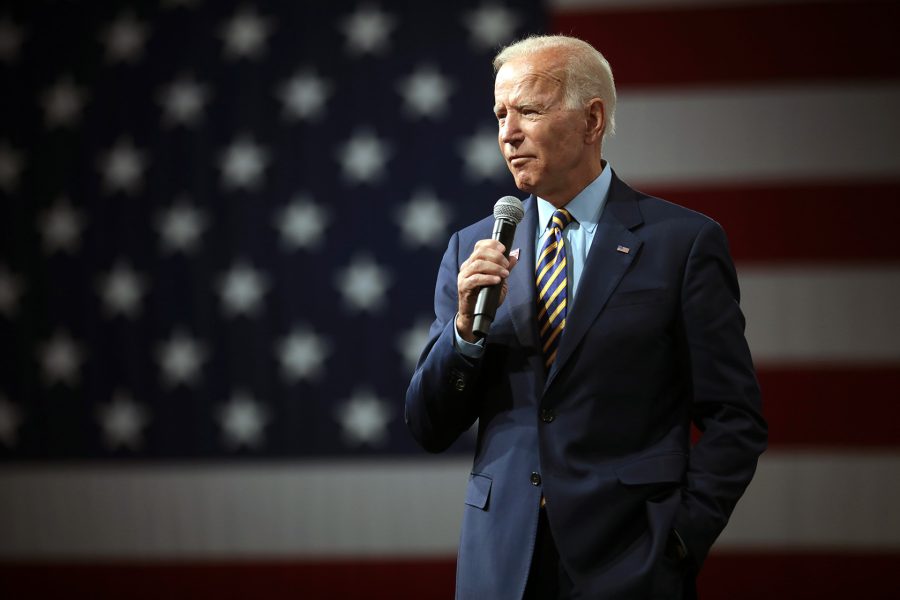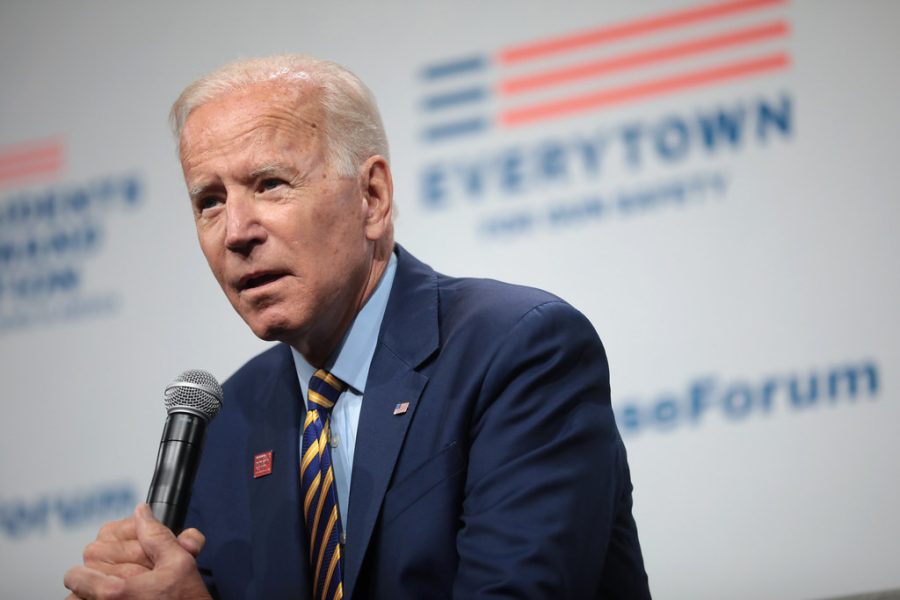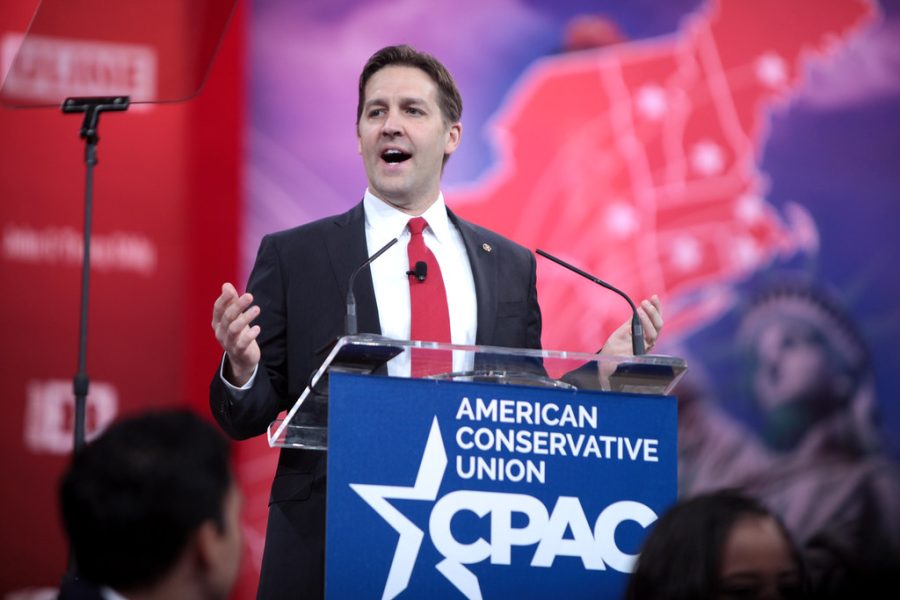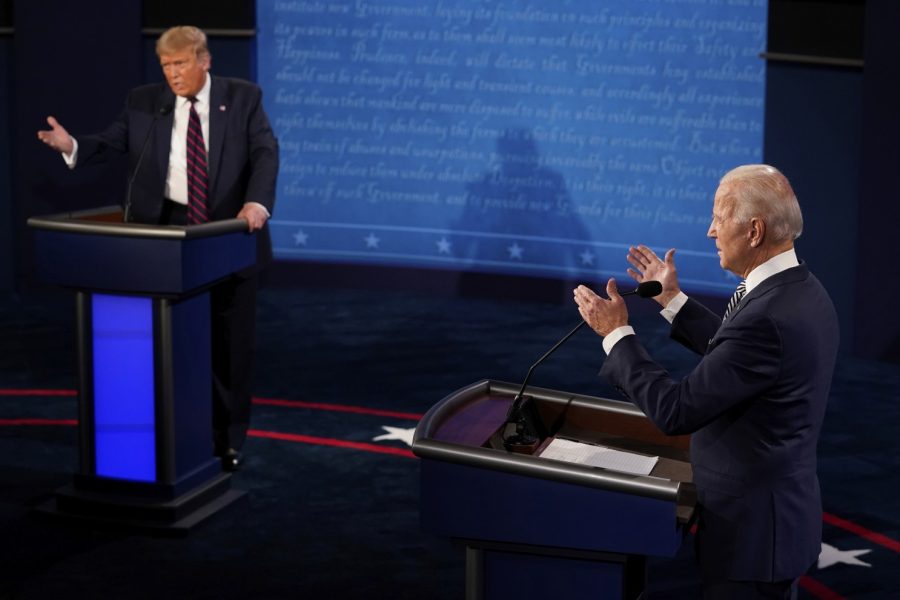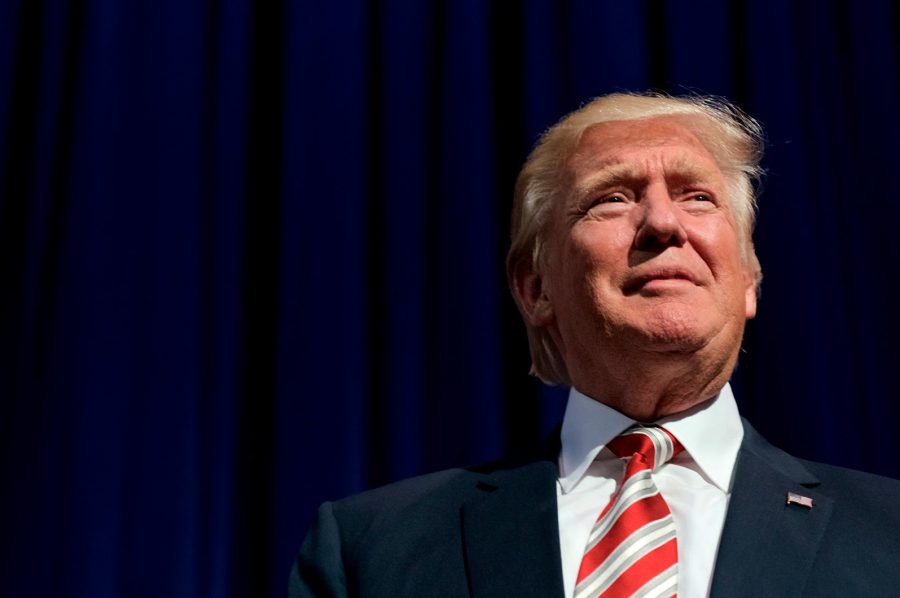romeroj3@lopers.unk.edu
The recent change of executives in the United States government has already had an impact on environmental policy. However, the partisan divide on the issue of climate change has proven to be a roadblock for more environmental legislation, both democratic and republican.
In the current political climate, the issue of climate change has become increasingly urgent.
“The main challenge today is corporation and communication, but we need to work together and be able to discuss science freely without a partisan divide,” said Peter Longo, a professor of political science at UNK.
Longo facilitates a weekly chat that invites the UNK community to voice their opinion on current issues.
According to a poll conducted by Gallup in 2019, about 65% of Americans say that protection of the environment should be given priority, even at the risk of curbing economic growth. In comparison, only 40% of Americans said this 10 years ago.
This poll further illustrates that climate change is a hot-button topic that faces the nation today.
On his first day of office, President Joe Biden signed multiple executive actions related to climate policy, rejoining the Paris Agreement, which President Donald Trump had withdrawn from, and revoking the federal permit for the XL Keystone Pipeline.
“I am glad that President Biden made the decision to stop the construction of the Keystone Pipeline,” said Samantha Rimpley, a student at UNK. “The bad definitely outweigh the good in this situation.”
During the Fireside Chat, participants voiced their opinions on how climate change should be handled in the United States. Participants in the chat voiced their agreement when the idea of thousands of jobs being created thanks to the growing green energy industry was brought up.
When the topic of a tax on fossil fuels was brought up, many participants voiced their agreement with the idea of the new tax as well.
“We should definitely discuss the introduction of a new tax on carbon energy in order to discourage its use,” said John Falconer, senior advisor to the Chancellor.
However, the opposition to pass greener legislation is still strong in Congress. Fossil fuel lobbyists continue to advocate strongly against the further integration of green energy in the United States. The partisan separation also provides another obstacle for lawmakers to create legislation.
Central Nebraska also provides a logistical problem when it comes to electric cars and green energy. The lack of electric car charging stations and reliable public transportation is cause for concern to some students.
“I definitely see a transportation system being introduced in central Nebraska,” Long said. “Many of my previous students have written amazing papers on this topic. This next generation is going to be crucial to push for greener legislation.”
Many people also argue that converting fully to green energy is too expensive and that a lot of United States citizens will not be able to afford the change from fossil fuels to green energy.
Climate change will stay a hot topic in the political landscape for many years to come. The question of whether it will become a unifying national issue instead of a partisan issue will only be solved with time.








